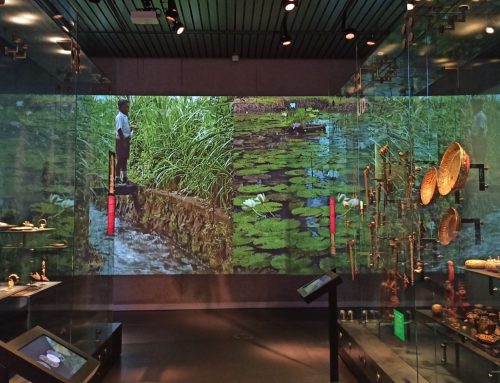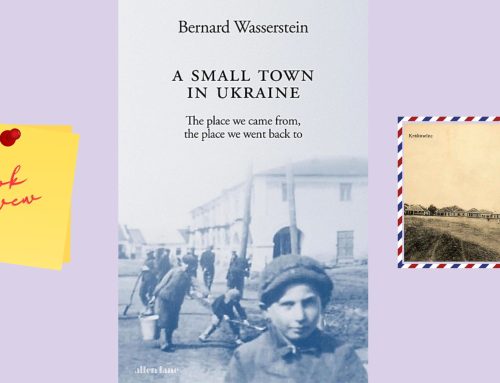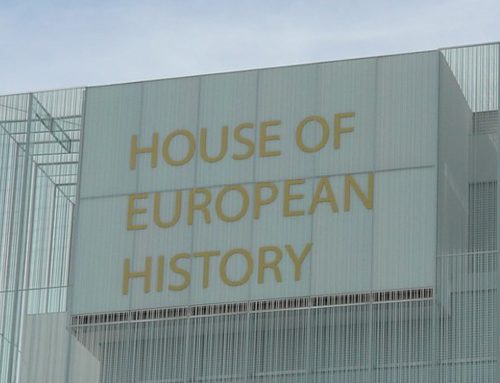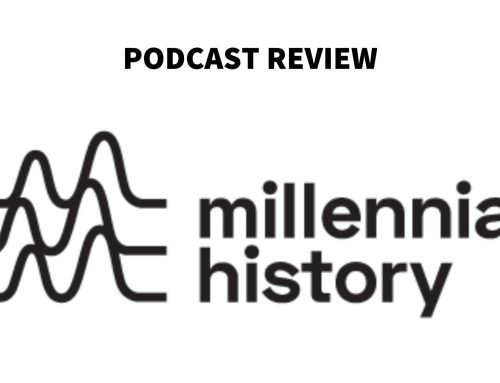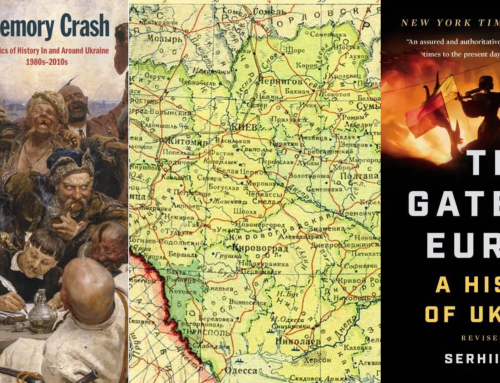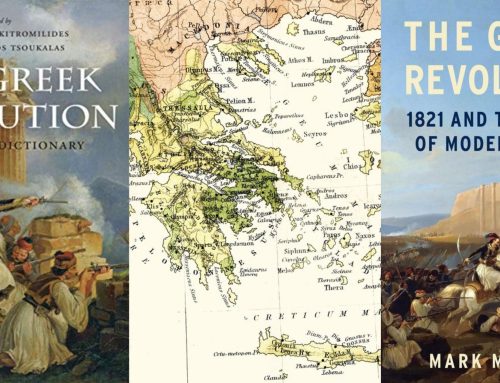Lies my teacher told me – a podcast series from Historian Priya Atwal
The first episode of this podcast series starts with Dr Priya Atwal making it clear that she is not accusing teachers of lying to their students, but that she is going to investigate how and why national history is still written and taught via textbooks in the classroom, despite growing globalisation and availability of digital resources. Dr Atwal, a young Teaching Fellow in Modern South Asian History at King’s College in London, explains that she borrowed the title for this podcast series, released in January 2020, from a 1995 book, Lies My Teacher Told Me: Everything Your American History Textbook Got Wrong, by sociologist James Loewen, who briefly intervenes during the first episode. Although catchy, such title is certainly a bit misleading even for those who are familiar with Loewen’s work: in fact, despite Dr Atwal’ stated intention to focus on textbooks, a variety of aspects of history teaching receive major attention.
In order to create legitimate expectations, it would be more honest and accurate to say that these podcasts give an overview of the main problems associated with history teaching in various national contexts, spanning from the political role of the subject to the practicalities of delivering instruction. Rather accessible from a content point of view, these five podcasts of fourteen minutes each will certainly be of interest to history teachers and educators: not only will they learn about their peers’ experience in other countries, but they will also find reflections on common challenges, and useful tips.
The episode called All is Revision serves as a sort of introduction to the series, and it is, unfortunately, the most difficult to follow, also because no transcripts of the podcasts are provided. The English is clear, but the host speaks rather fast. Moreover, during the episode, several school teachers and academics intervene to answer Dr Atwal’s questions, to talk about their personal experience or to generally comment on various aspects of history teaching: too many people talking and too many topics involved for a fourteen minutes podcast. The good news is that it is not strictly necessary to understand everything that is being said in the first episode to access and enjoy the content of the following four podcasts, which centre on history teaching in Lebanon, India and Pakistan, Japan, and Northern Ireland.
Across the four episodes, different examples of teaching strategies and tools are offered after an explanation of the state of history instruction in the country. For example, Lebanese teachers tell that the national history curriculum ignores the civil war that raged across the country from the mid-seventies until 1990, in an attempt to keep out of the classroom the divisions and tensions that still persist within society. However, this undermines pupils’ ability to understand the present situation, and fails to engage them in the subject. Thus, some teachers add to the official narrative by designing their own units on the civil war based on various sources, and even by inviting to their classes representatives of different ethnicities and sectors of society. Even without the support of educational authorities, teachers may find ways to present a multiperspective and inclusive historical narrative to their students.
Although the realities described in the four podcasts may seem very distant to people in countries that have not recently been affected by partition, civil war and aggressive nationalism, each of these episodes offers food for thought to history teachers worldwide, who will certainly find at least some of the described situations relatable. For example, not only India but also several western countries tend to prioritise the study of mathematics and science over humanities, while Northern Ireland can offer an example to all divided societies of how history can promote reconciliation and common values.
In conclusion, the real value of these podcasts lies not simply in the stories told, but also in the questions that they prompt: what purpose does history serve in today’s world? Should controversy be ignored, or is history teaching instrumental to foster peace within societies and between neighbouring communities? How can we include the voices of groups overlooked in school textbooks and make history truly representative of our communities? These and similar questions will encourage history teachers to think critically about their and their subject’s role, making them more aware of their power and responsibility in all societies.
Lies my teacher told me – a podcast series from Historian Priya Atwal



